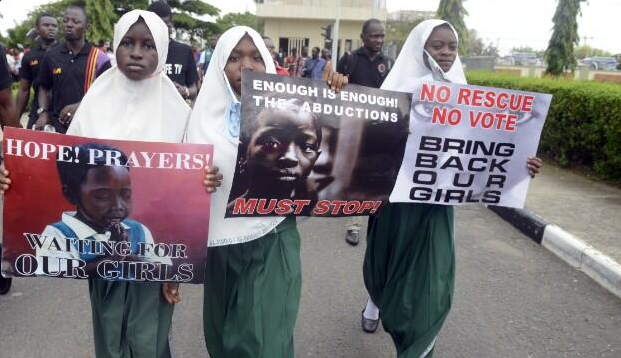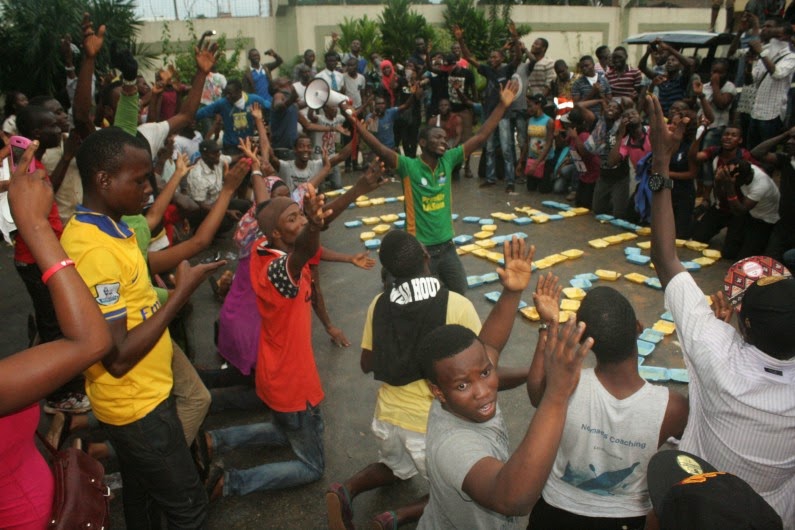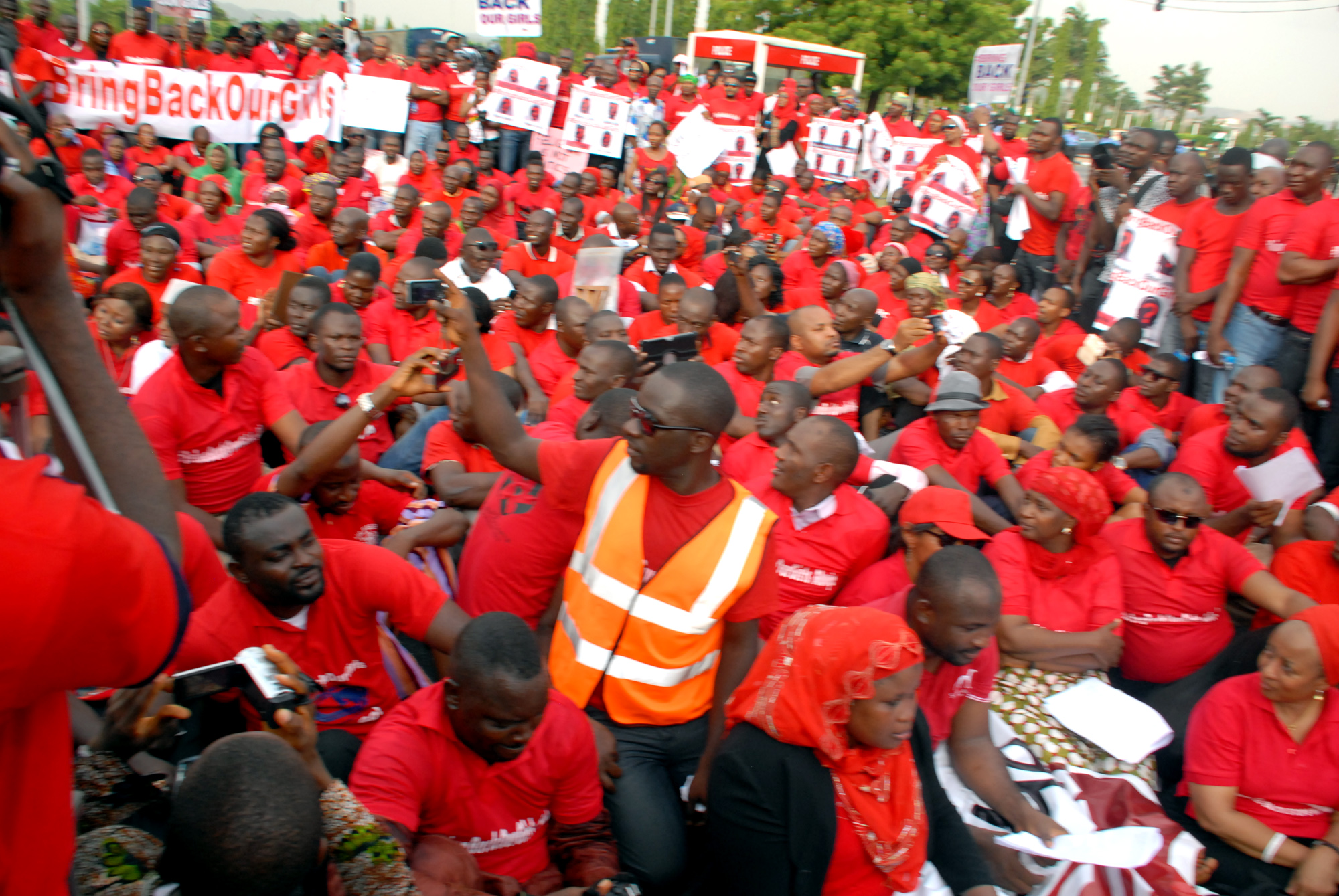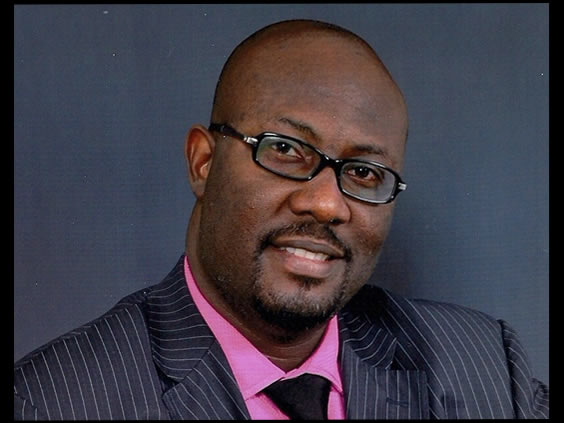De-radicalising the Chibok schoolgirls abducted by Boko Haram nearly two months ago is the first approach to healing and reintegrating them into the society, a clinical psychologist, Mr. Samuel Jinadu, has said.
Jinadu said that bringing them back should not straightly introducing them into the society. Rather, he advised that the girls should be checked into a psychological institution or facility, if and when they were eventually freed, because their prolonged stay with their abductors might have tainted them.
“The girls may have acquired new values and views. Boko Haram’s brainwashing machine may be working on them,” he said.
“And their feeling of helplessness in captivity may lead to a lack of trust and confidence in people, hence making them potential weapons in the hands of Boko Haram.”
Advertisement
The psychologist warned that the longer the girls remain with the kidnappers, the more hardened and radicalised some of them are likely to become.
“It is very important for government to set up a clinical reorientation programme for the girls, as the impact of the abduction on these girls is heavy,” he continued.
“While some of the girls may recover quickly, some with ‘low recovery threshold’ may not, for a long time to come. It is safe to bring back the girls, but the first thing, which is deradicalising them, must be done once they are released or rescued.”
Advertisement
Referencing Boko Haram’s recent use of a woman as suicide bomber in Gombe State, Jinadu appealed to the government to rescue the girls quickly in the interest of their mental health.
Initial public outrage on the abduction of the girls has dwindled of late, but the United Nations on Tuesday attempted to reignite the waning interest by urging all Nigerian stakeholders to unite in securing release of the girls.
Add a comment







